![]() This is Part 2 in a series of University of Hawai`i Press blog posts celebrating University Press Week and highlighting scholarship published by UH Press journals in the past year. Read our introductory blog post here. Our hope is that this series will shed new light on how UH Press “sells the facts,” so to speak, and the value our 24 journals bring to our very existence. Links to each journal and article are provided below.*
This is Part 2 in a series of University of Hawai`i Press blog posts celebrating University Press Week and highlighting scholarship published by UH Press journals in the past year. Read our introductory blog post here. Our hope is that this series will shed new light on how UH Press “sells the facts,” so to speak, and the value our 24 journals bring to our very existence. Links to each journal and article are provided below.*
U.S. Policy, Economics, and International Relations
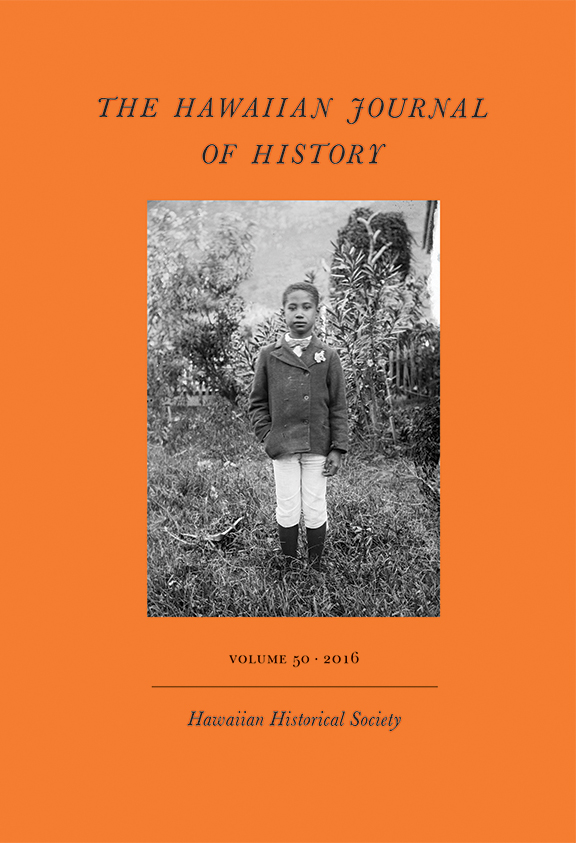
The Hawaiian Journal of History, Volume 50, 2016
Article: “Jeeps, Communists, and Quonset Huts: World War II Surplus Disposal in the Territory of Hawai‘i” by Gwen Sinclair
Context: The effects of militarization and colonialism in Hawai’i are brought into focus with a historical analysis of how the U.S. government took ownership of and dispersal of supplies after World War II. The market produced by these historic events continues to affect the current Hawai’i-U.S. mainland political climate, and are exasperated by comments from the 45th president about “boycotting” Hawai’i.
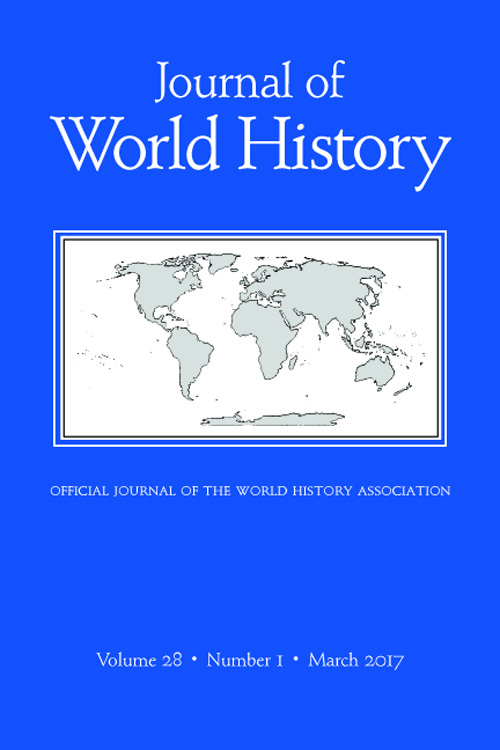
Journal of World History, Volume 28, Number 1, March 2017
Article: “Cotton and the Global Origins of Capitalism” by Sven Beckert
Context: While politicians on both sides of the U.S. election toted arguments of a lost domestic economy to industries overseas, the history of capitalism in the U.S. has always stretched beyond the nation’s borders. From his World History Association keynote address, Sven Beckert sets the tone for this issue’s special forum, which also makes a call for better understandings: “Commodity-focused histories are one powerful way to move toward a history beyond the nation-state, partly because they give empirical specificity to far-flung connections, partly because they allow us to bring the lessons of social history into global history, partly because they provide audiences for global history, and partly because, if done right, they can help us better understand some of the largest questions of world history.”
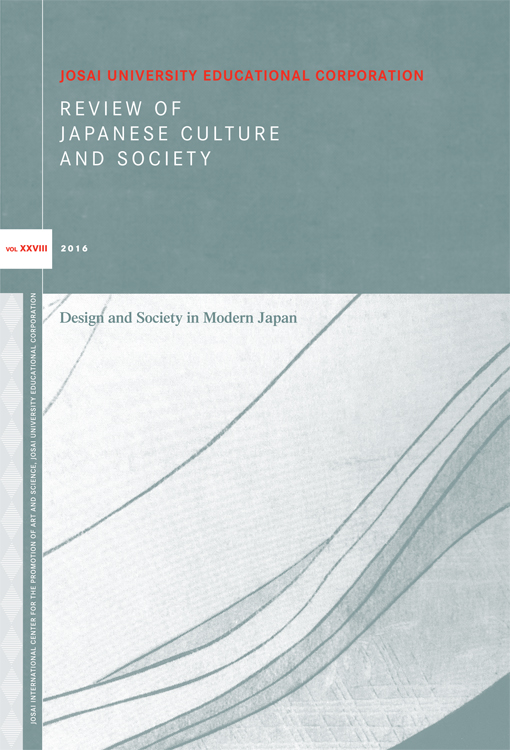 Review of Japanese Culture and Society, Volume 28, 2016
Review of Japanese Culture and Society, Volume 28, 2016
Special Section: Postwar Recovery, Affluence, and Its Critique
Context: What does reconstruction look like in a nation that lost a war and suffered two nuclear attacks? The Review of Japanese Culture and Society compiled a section of articles from Japanese photographers, architects, advertisers, and designers to share perspectives on the past and present postwar landscape.
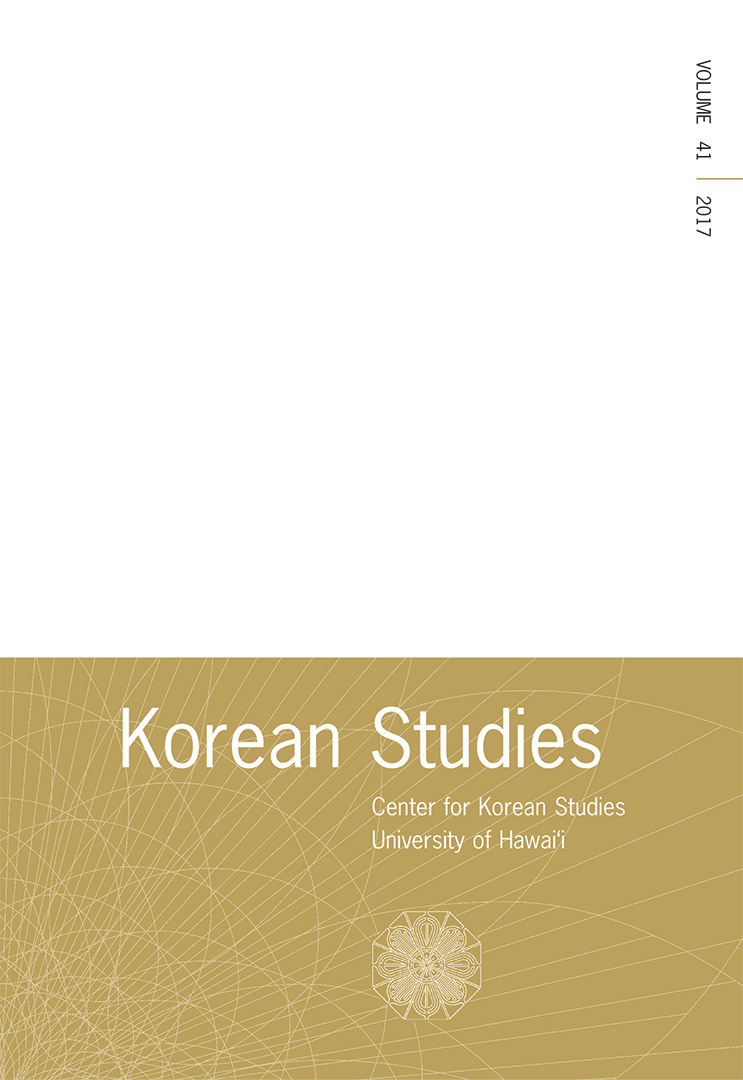 Korean Studies: A Multidisciplinary Journal on Korea and Koreans Abroad, Volume 41, 2017
Korean Studies: A Multidisciplinary Journal on Korea and Koreans Abroad, Volume 41, 2017
Article: “Informal Empire: The Origins of the U.S.–ROK Alliance and the 1953 Mutual Defense Treaty Negotiations” by Victor D. Cha
Context: In a search for validity, scholar Victor D. Cha unpacks a rare archival account of the 1953 mutual defense treaty negotiations that led to the creation of the U.S.-Republic of Korea (ROK) alliance.
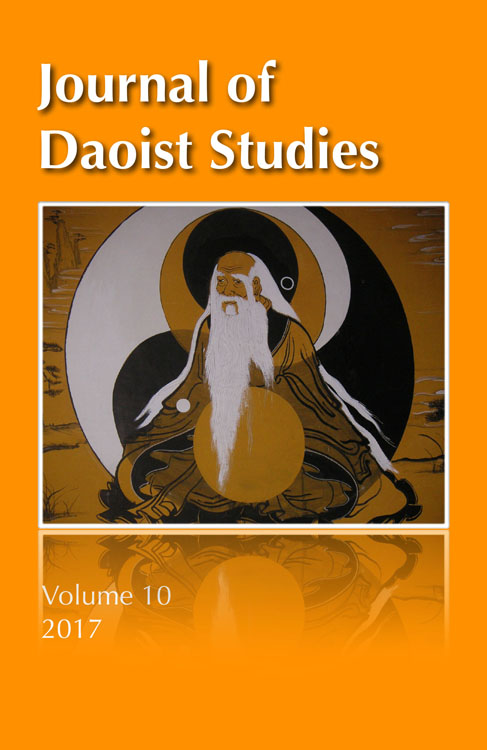 Journal of Daoist Studies, Volume 10, 2017
Journal of Daoist Studies, Volume 10, 2017
Article: “The American Transformation of Daoist Cultivation” by Livia Kohn
Context: Livia Kohn studies the Chinese influence on American healthcare, including cognitive therapy and stress relief: “Since 1965, when the Immigration Act was changed to allow Asians to immigrate to the United States, Chinese healing and longevity methods have become increasingly popular in America.”
*Institutional access to online aggregators such as Project MUSE may be required for full-text reading. For access questions, please see the Project MUSE FAQ available here or contact your local library.
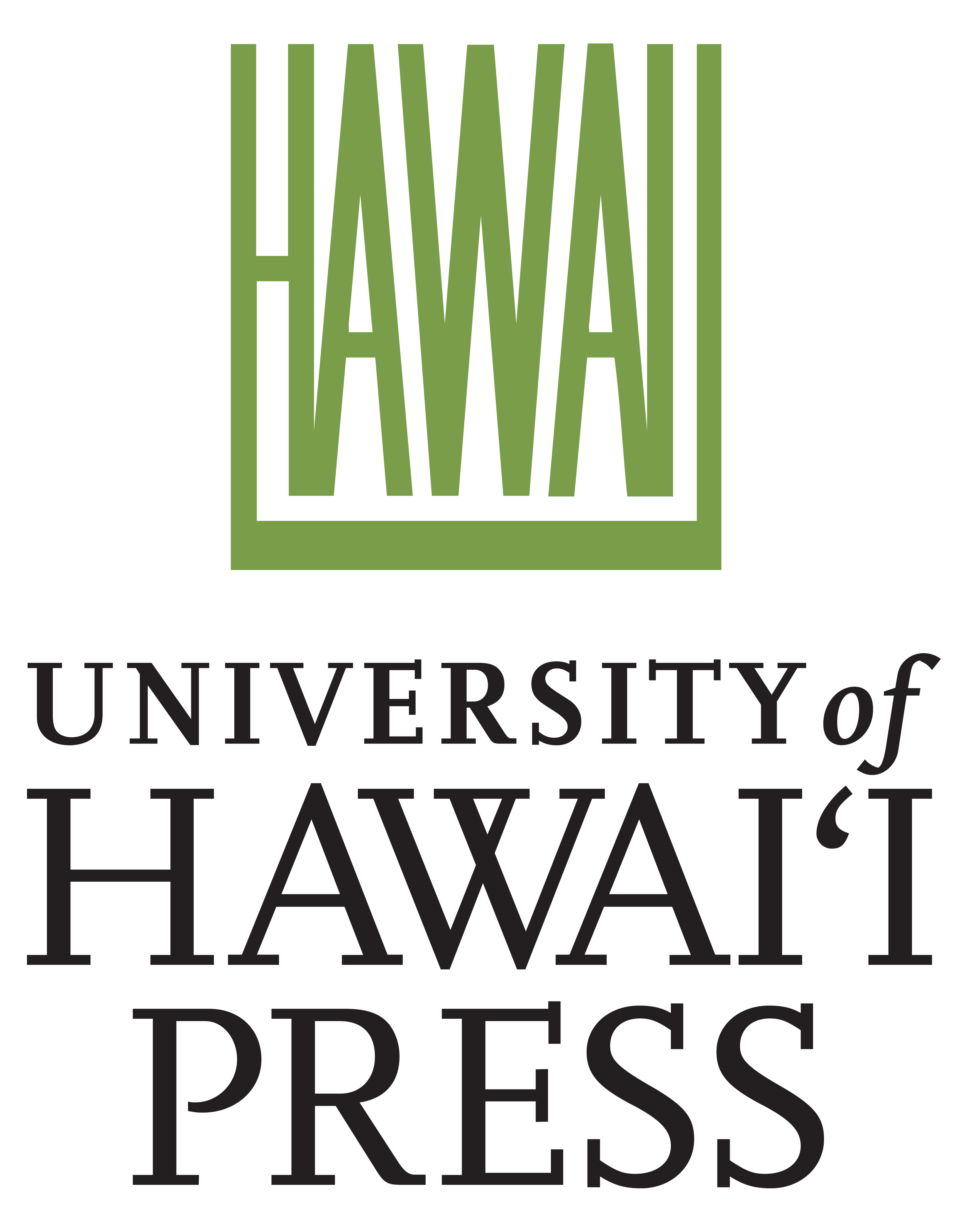 Established in 1947, the University of Hawai`i Press supports the mission of the university through the publication of books and journals of exceptional merit. The Press strives to advance knowledge through the dissemination of scholarship—new information, interpretations, methods of analysis—with a primary focus on Asian, Pacific, Hawaiian, Asian American, and global studies. It also serves the public interest by providing high-quality books, journals and resource materials of educational value on topics related to Hawai`i’s people, culture, and natural environment. Through its publications the Press seeks to stimulate public debate and educate both within and outside the classroom.
Established in 1947, the University of Hawai`i Press supports the mission of the university through the publication of books and journals of exceptional merit. The Press strives to advance knowledge through the dissemination of scholarship—new information, interpretations, methods of analysis—with a primary focus on Asian, Pacific, Hawaiian, Asian American, and global studies. It also serves the public interest by providing high-quality books, journals and resource materials of educational value on topics related to Hawai`i’s people, culture, and natural environment. Through its publications the Press seeks to stimulate public debate and educate both within and outside the classroom.
For more information on the University of Hawai`i Press and our publications, visit www.uhpress.hawaii.edu. To receive table-of-contents email alerts for these publications, please click here to sign up at Project MUSE.





